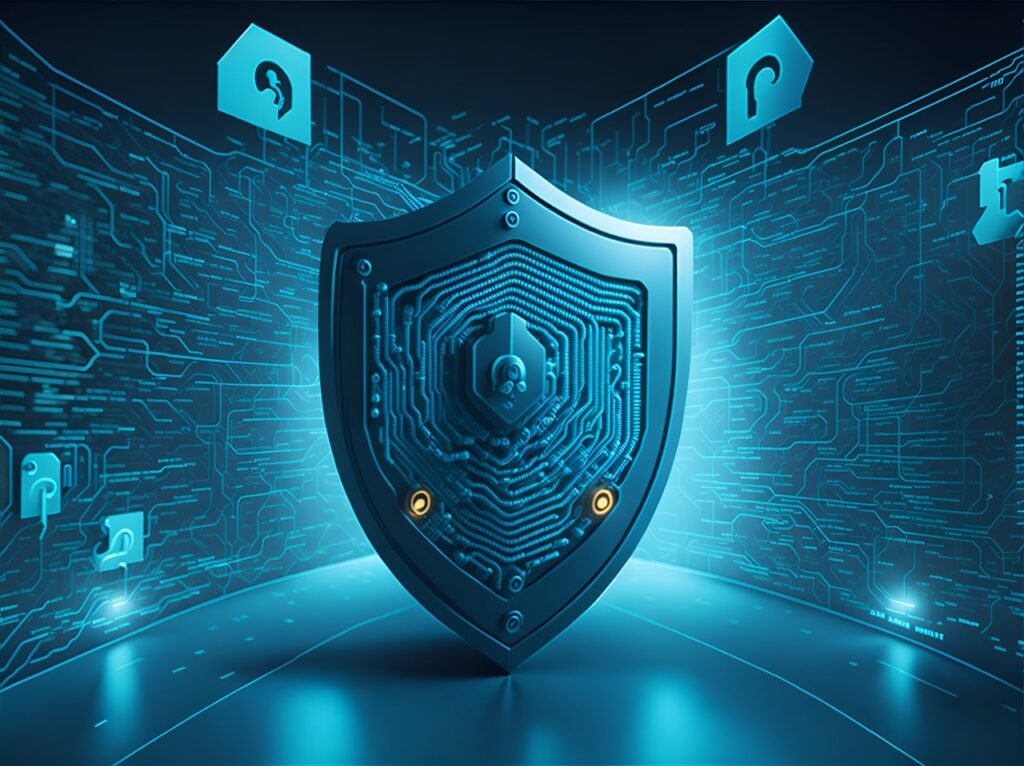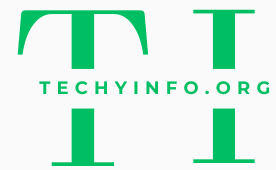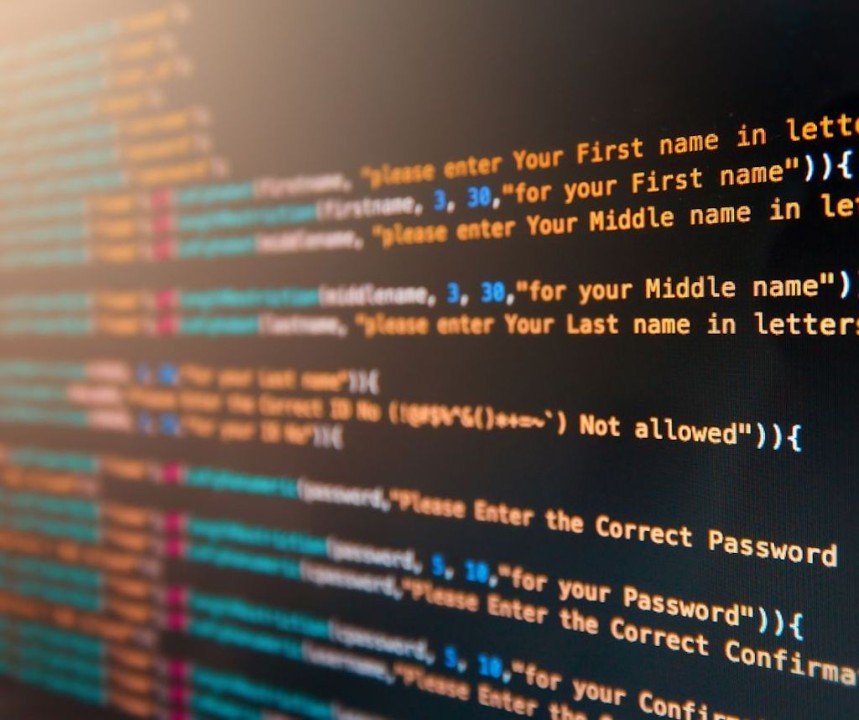Companies have legal requirements to meet when it comes to dealing with our data, but as individuals, we have to be responsible for our own selves.
Being online is just a part of modern life; we are so accustomed to it, and it is so integrated that we can take the dangers for granted.
However, with over 4 million sites sporting malware at any given moment, cybersecurity needs to be taken seriously.
5 Every Day Cyber-Security Essentials
Keeping yourself protected has many aspects and requires good education and following the principle of best practices.
Below we have laid out these principles to give you the basics to keep yourself safe in everyday life.
Password Practices
It might sound rudimentary, but a complex password can stop the majority of attacks in their tracks. We all know that a password should be hard to guess but laziness leads us to pick something easy to remember.
Creating Complex Passwords
For a strong password remember to mix letter cases and use numbers and symbols. It should be a minimum of 12 characters long.
Make it memorable by using numbers and characters in place of letters for example “Joseph123” could become “J0$3ph!2#”.
Password Management Tips
It is important to use a separate password for every account that way if one becomes compromised you don’t risk everything.
Multiple passwords can be tough to keep track of especially if you are an active internet user with many accounts.
The solution is a password manager such as LastPass or 1Password can do it for you whilst helping to enhance your cybersecurity with password encryption.
Two-Factor Authentication (2FA) Recommendation
If for some reason your password is obtained or cracked then a secondary authentication method such as 2FA acts as an extra defense.
Two-factor authentication requires a second method of identity verification, such as messaging a code to a smartphone.
This makes unauthorized access much more difficult.
Authentication Apps
Many websites already require 2FA, sometimes known as MFA (multi-factor Authentication) but if not, you can install an authenticator app.
Instead of receiving an SMS code, you will be prompted to open the app to access a time-sensitive code.
They are safer to use because SMS can be intercepted, but the apps constantly generate new codes. Google Authenticator and Authy are two popular Authentication apps to consider.
Recognizing a Phishing Attack
Most of the online safety boils down to vigilance. Human error plays a huge role in data breaches.
The most commonly encountered form of cyber-attack on individuals is Phishing.
Knowing what to look out for to spot a potential Phishing attempt can help keep you safe.
When you receive an email or unsolicited message, regardless of how legitimate it might appear, you should always look for red flags such as spelling mistakes or genericness.
Verification Tips
It is crucial to verify the sender. Trustworthy entities such as your bank won’t typically ask for your details.
If you receive something that appears to be from them, never visit the link. Instead, in a new tab, visit your bank directly and see if they have contacted you on their site.
Remember, instead of replying to the suspicious email received, you can email or call the supposed sender directly to confirm whether they have been in contact.
Even if the email or message is from a trusted friend it is best to speak to them before you open any link at all. It might sound extreme, but it is the only way to avoid phishing scams.
Up to Date Software is Key
Something as simple as staying on top of your updates can keep you very well protected. Around 80% of successful yearly breaches could have been prevented with the right patches in place.
Updates include security patches against any recently detected weakness; without the update you are an easy target.
Update Management Advice
You can enable automatic updates prioritizing your web browser and any antivirus software to ensure you remain up-to-date.
A Word on Antivirus Software
When it comes to Phishing, we have to be personally vigilant.
Malware, on the other hand, can be dealt with by choosing a reputable antivirus software.
Programs such as Norton or McAfee run regular scans to detect anything on the system and can delete any malware encountered before it reaps havoc.
VPN Services
Many of the principles above can be taken care of with a good VPN.
The anonymity they bring to the table by hiding your IP address has more benefits than simply hiding your online activities or geolocation.
Encryption Benefits
They offer premium encryption and route your traffic securely, making you a moving target.
If you regularly use your devices on public WiFi, then a VPN such as the one provided by Surfshark service is a practical modern-day necessity.

The Bottom Line
The internet is heavily entwined with our lives; it is practically inescapable if you want to live with any modern convenience.
Its prevalence makes cybercrime very lucrative, and it is, therefore, a near-constant threat.
The risks are high, so it is wise to amp up your personal security but it needn’t be complicated.
Hackers are cunning and relentless but by taking on the principles above you are less likely to become the next victim.





